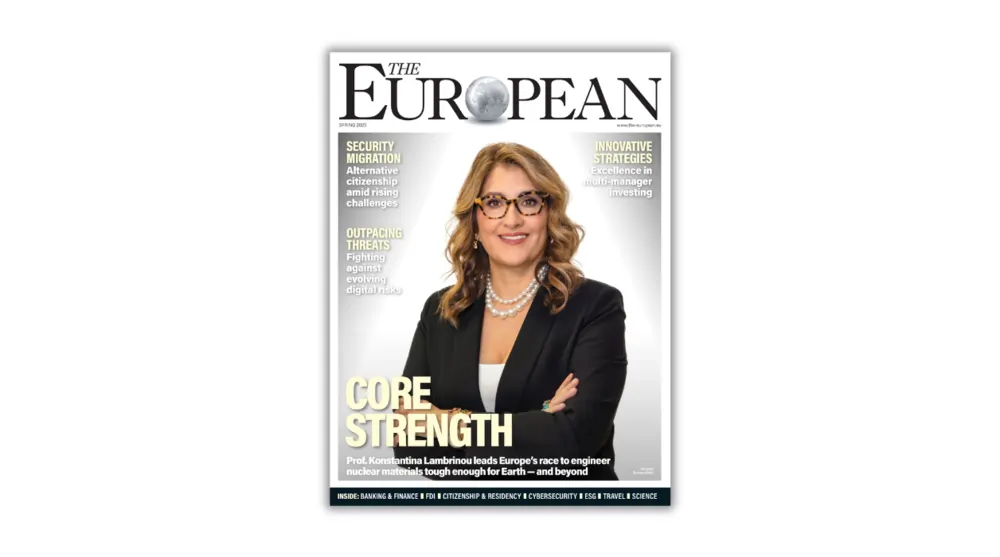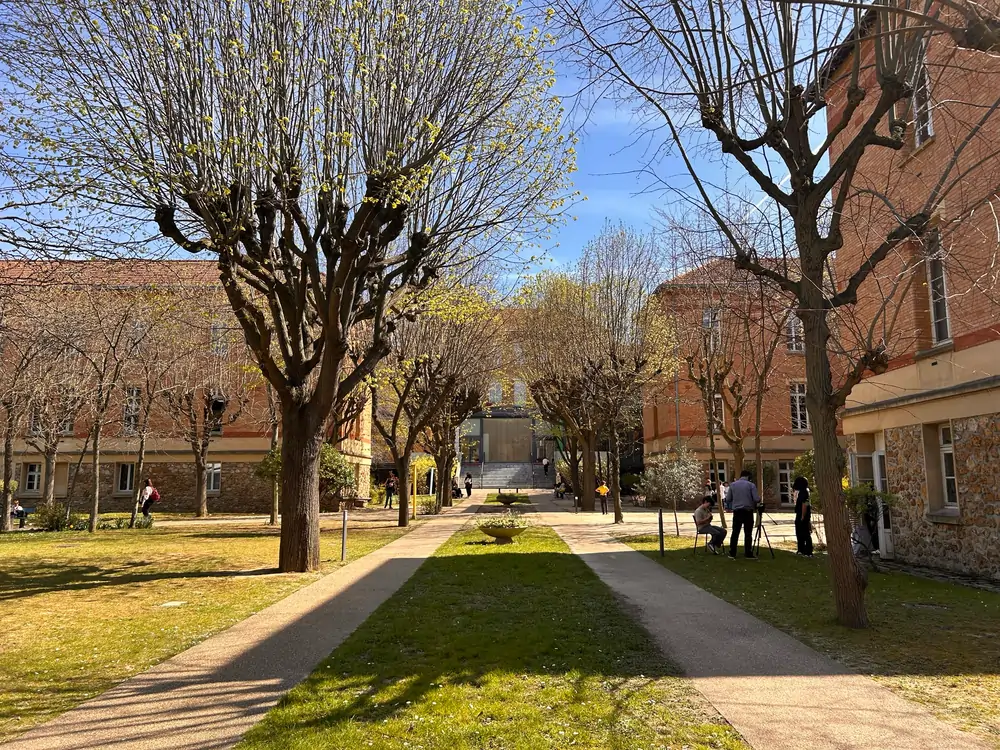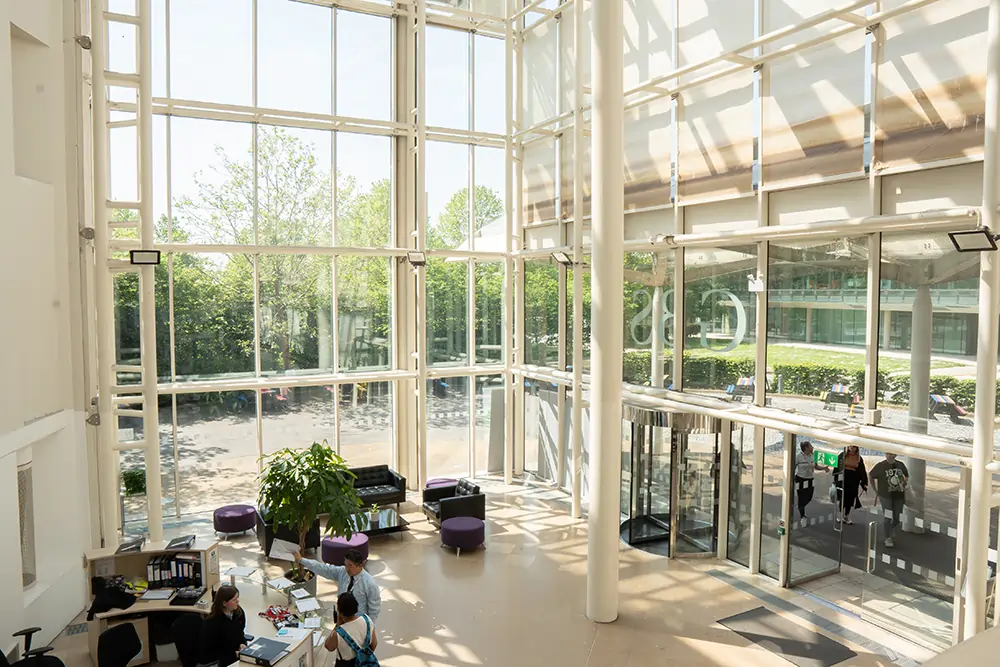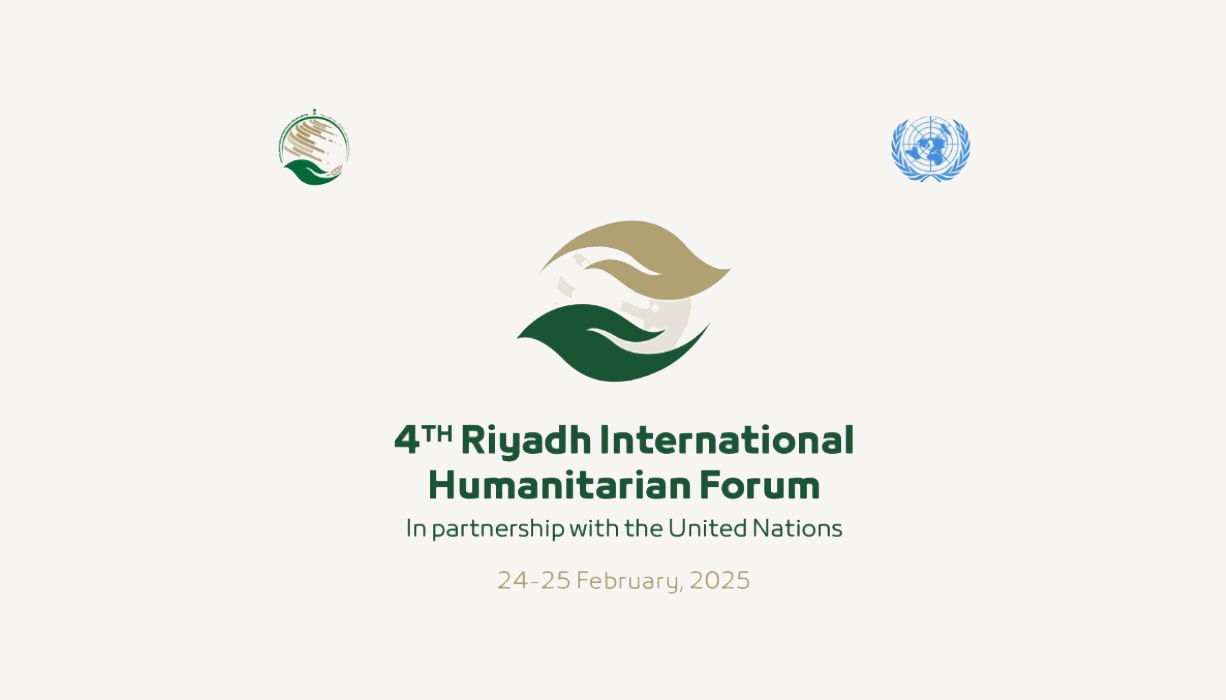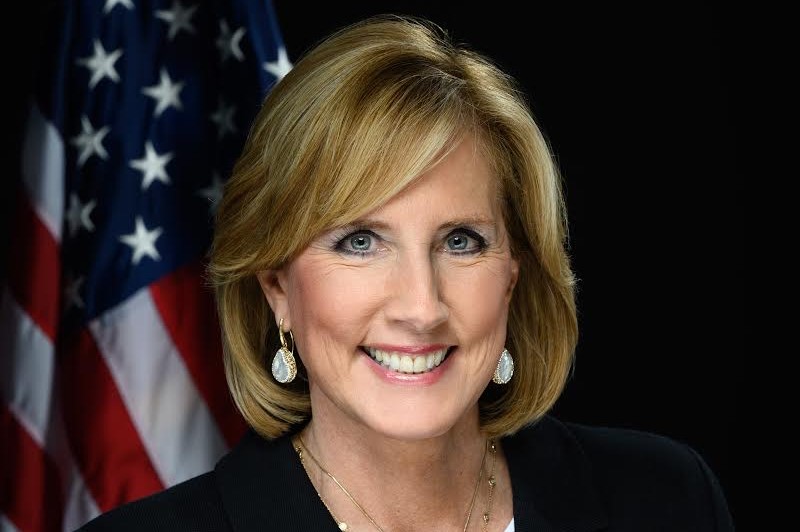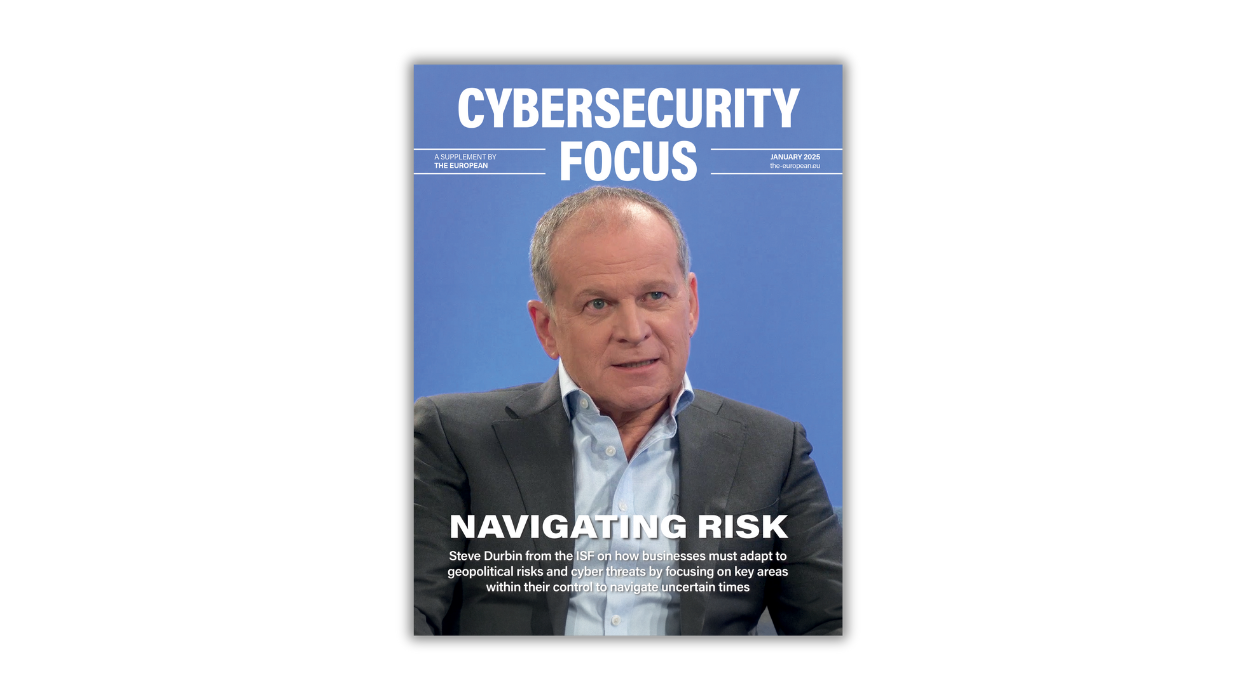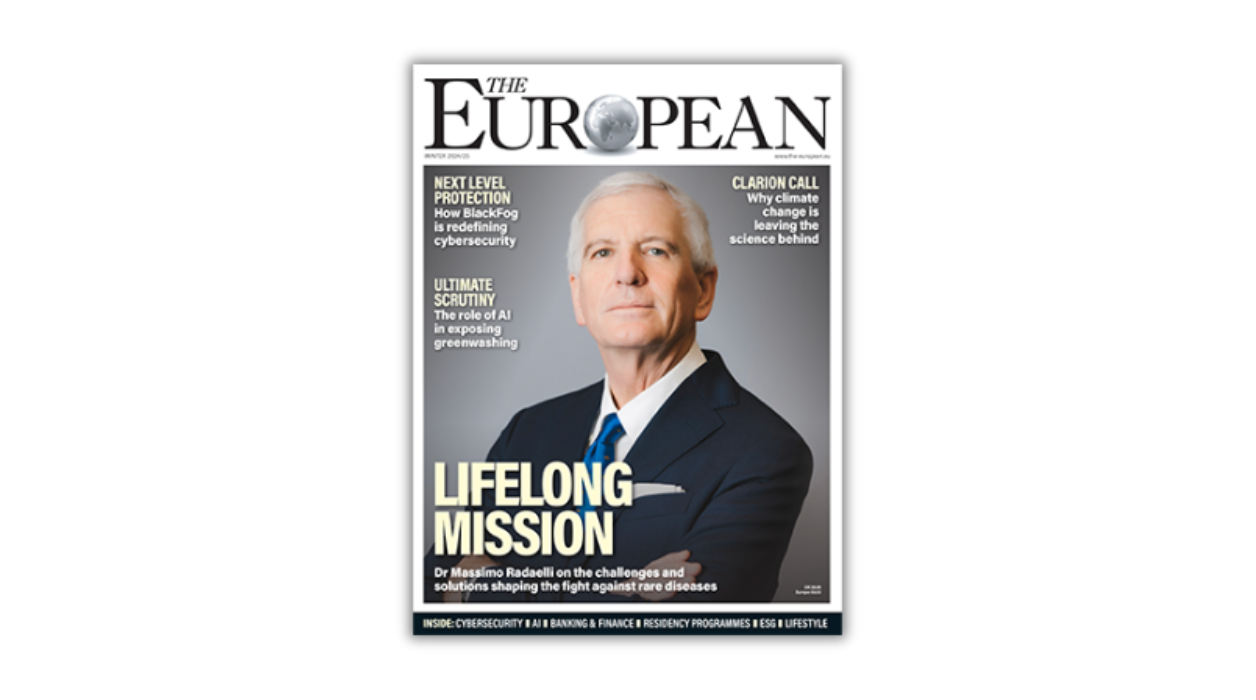The Parisian business school quietly reinventing the MBA

John E. Kaye
- Published
- Business, Business Education
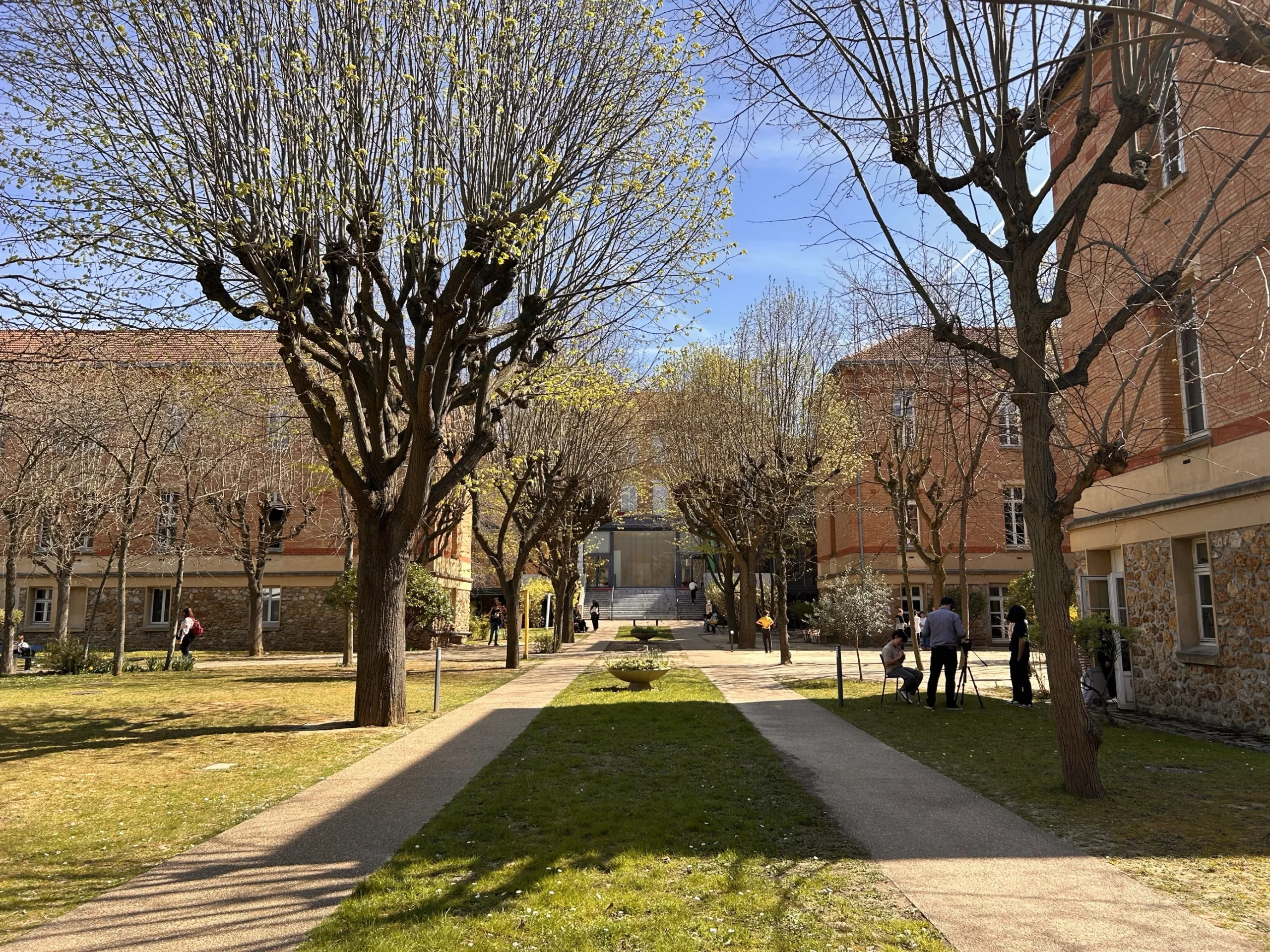
École de Management Appliqué’s MBA programme—shaped by the leadership of Professor Joelle Fanghanel—is helping to redefine what modern management education looks like. Combining real-world experience with academic rigour, the school is preparing a new generation of globally minded leaders, finds John E. Kaye
Professor Joelle Fanghanel has spent her career working at the heart of higher education reform—quietly shaping policies, programmes, and institutions from the inside out, inspired by her international networks, and her interest in scholarship.
With a background that spans academic research, strategic leadership, and international governance, she’s seen how outdated models of education fall short of what today’s workforce demands—and she’s focused on building a system that opens access, delivers impact, and looks ahead. She has transformed the academic environments in which she exerted her leadership.
In her former role in charge of Research at a UK university, she has led one of the institution’s most successful research assessment exercises, helping it rise 27 places in the national REF21 rankings. But the result, she says, wasn’t about prestige—it marked a cultural shift. “We wanted to build a research culture that genuinely supported staff and students, and that made a measurable difference,” she told The European.
That belief in meaningful impact has shaped Prof. Fanghanel’s work and her career. As International Provost, she oversaw academic and operational delivery across multiple campuses, advising deans, developing staff, and embedding systems that improved student success.
Her approach centres on teaching more than subject knowledge, and building capability, confidence, and adaptability. “Too many graduates leave university unsure how to apply what they’ve learned,” she said. “We need to close the gap between theory and practice—for their sake, and for the businesses they’ll work in.”
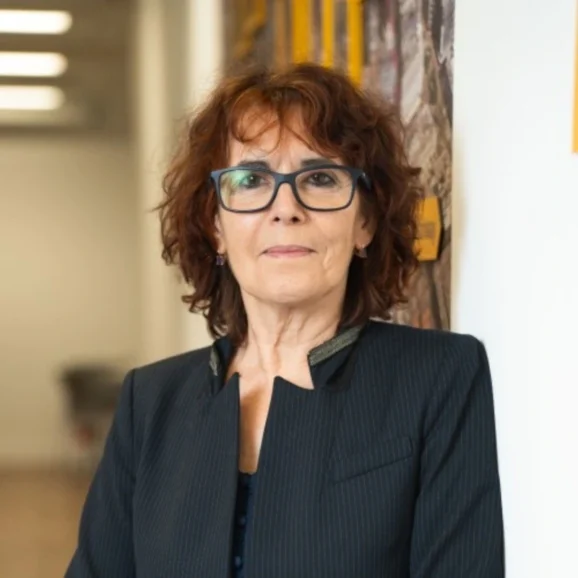
She argues that education must shift away from scale for its own sake. “We’ve spent years focused on volume—more courses, more students. But the real value lies in quality, in doing a few things really well.”
That means placing students closer to industry—both intellectually and geographically. “We need them to be near the work, and part of the conversation,” she argues. “That’s how they develop the resilience and creativity that employers value.”
This thinking underpins Fanghanel’s wider philosophy. She believes the best institutions function as ecosystems—where research, teaching, mentoring, and collaboration all feed into one another, and where people are supported to grow together.
It also explains her move to École de Management Appliqué (EMA), where she’s helped shape a business school focused on practical, socially conscious leadership.
Based just ten minutes from Paris’s business district, EMA is uniquely placed to offer students exposure to major firms, networks, and ideas. The school’s flagship MBA programme reflects this, combining classroom learning with real-world challenges and international casework.
The MBA is delivered over two years and is aimed at working professionals. Students can customise their studies through specialist modules such as Sustainable Innovation, Global Strategy, and Entrepreneurship. Capstone projects require them to tackle real consultancy briefs for partner organisations—translating academic insight into actionable recommendations under real-world conditions.
“Students need to practise decision-making under pressure,” Fanghanel said. “The more authentic the environment, the more meaningful the learning.”
What sets EMA’s MBA apart is its consistent link between ethical leadership and strategic performance. Students are encouraged to view business not just as a means of generating profit, but as a mechanism for creating long-term value—for communities, economies, and the planet.
The programme is designed to support a broader view of leadership—one that balances commercial understanding with ethical responsibility and global awareness. Small class sizes encourage meaningful dialogue. Teaching is led by experienced practitioners, with input from senior figures across sectors.
Career development is embedded throughout, from personalised coaching to networking events and alumni introductions. The school’s location plays a vital role here too—positioning students in one of Europe’s most vibrant and connected business ecosystems.
Fanghanel’s academic leadership is matched by her record of institutional reform. She’s a former President of the International Society for the Scholarship of Teaching and Learning, has published extensively on academic policy and practice, and has led large-scale projects to improve student experience and drive inclusive change.
“Research and teaching aren’t separate,” she told us. “You get the best results when you connect the two—when you create a culture of inquiry, improvement, and reflection.”
That culture also prioritises access. Fanghanel remains committed to opening doors for underrepresented groups, and to building pathways that support diversity and long-term inclusion.
“Talent is everywhere,” she added. “We need to make sure opportunity is too.”
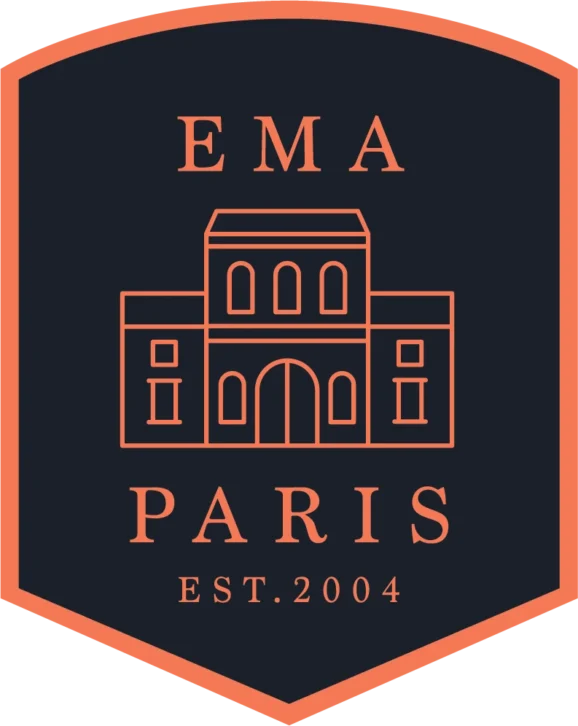
Her view is that business education must keep evolving to remain relevant. And that means grounding learning in the complexity of real life—while giving students the tools to navigate it with confidence.
“We’re preparing people for careers that cross borders, industries, and ideas. They need critical thinking, strategic insight, and a support network that will grow with them.”
While EMA is rooted in Paris, its outlook is unmistakably global. The school forms part of the GEDU network—a collective of higher education institutions operating across 12 countries and serving over 60,000 students worldwide. This gives EMA students access to a diverse international community, along with opportunities for global collaboration and mobility.
The school’s growing reputation has attracted faculty and guest lecturers from a wide range of disciplines, from economics and digital marketing to law, design, and sustainability. This breadth ensures that students can explore the intersections between industries—something Fanghanel sees as increasingly vital in leadership development.
“Business problems rarely come neatly labelled,” she said. “They’re complex, interconnected, and fast-moving. Our graduates need to be prepared to think across boundaries and lead with agility.”
For Fanghanel, the true measure of education lies in how well it equips future leaders to navigate complexity with clarity, purpose, and integrity.
“Education has to keep pace with the world—without losing sight of the people it serves,” she added.
Founded in 2004, École de Management Appliqué (EMA) is a private business school in Paris offering Bachelor’s, Master’s, MBA and PhD programmes in areas including Law, Economics, Creative Industries and Digital Marketing. Part of the Global Education Group, EMA is part of a network of over 60,000 students across 12 countries and is Qualiopi certified for the quality of its educational processes.
Further information
www.ema.education
RECENT ARTICLES
-
 Managing cross-border risks in B2B e-commerce
Managing cross-border risks in B2B e-commerce -
 Research highlights rise of 'solopreneurs' as technology reshapes small business ownership
Research highlights rise of 'solopreneurs' as technology reshapes small business ownership -
 Human resources at the centre of organisational transformation
Human resources at the centre of organisational transformation -
 UK government sets up Women in Tech taskforce amid gender imbalance concerns
UK government sets up Women in Tech taskforce amid gender imbalance concerns -
 Liechtenstein lands AAA rating again as PM hails “exceptional stability”
Liechtenstein lands AAA rating again as PM hails “exceptional stability” -
 The Parisian business school quietly reinventing the MBA
The Parisian business school quietly reinventing the MBA -
 UK entrepreneur who founded £1bn firm acquires UAE amateur golf leader to launch world amateur Super League
UK entrepreneur who founded £1bn firm acquires UAE amateur golf leader to launch world amateur Super League -
 Why your home is the best place to teach children leadership
Why your home is the best place to teach children leadership -
 Inside the Spring 2025 Edition of The European
Inside the Spring 2025 Edition of The European -
 The Paris MBA designed for real-world leadership
The Paris MBA designed for real-world leadership -
 Soft2Bet reflects on eight years of leadership and philanthropy in new film featuring CEO Uri Poliavich
Soft2Bet reflects on eight years of leadership and philanthropy in new film featuring CEO Uri Poliavich -
 Global Banking School celebrates ‘milestone’ anniversary
Global Banking School celebrates ‘milestone’ anniversary -
 Saudi Arabia hosts the fourth Riyadh International Humanitarian Forum
Saudi Arabia hosts the fourth Riyadh International Humanitarian Forum -
 New York Congresswoman pushes for Trump’s birthday to be enshrined as federal holiday
New York Congresswoman pushes for Trump’s birthday to be enshrined as federal holiday -
 Red light, green bite: Netflix restaurant opens in Vegas
Red light, green bite: Netflix restaurant opens in Vegas -
 Read our Cybersecurity Focus supplement, featuring insights from Information Security Forum
Read our Cybersecurity Focus supplement, featuring insights from Information Security Forum -
 Davos World Economic Forum 2025: Collaboration for the Intelligent Age
Davos World Economic Forum 2025: Collaboration for the Intelligent Age -
 The European releases its Winter 2024/25 edition
The European releases its Winter 2024/25 edition -
 Read our FDI Focus supplement, featuring insights from Michael Lohan of IDA Ireland
Read our FDI Focus supplement, featuring insights from Michael Lohan of IDA Ireland -
 PizzaExpress to Expand Dough Base Stateside
PizzaExpress to Expand Dough Base Stateside -
 The two core skills middle managers need to navigate stormy weather
The two core skills middle managers need to navigate stormy weather -
 The Role of Financial Regulations in the Online Casino Industry
The Role of Financial Regulations in the Online Casino Industry -
 How to become a game-changer
How to become a game-changer -
 Taking the risk out of BOP ventures
Taking the risk out of BOP ventures -
 Releaf leading the way with marketing
Releaf leading the way with marketing








